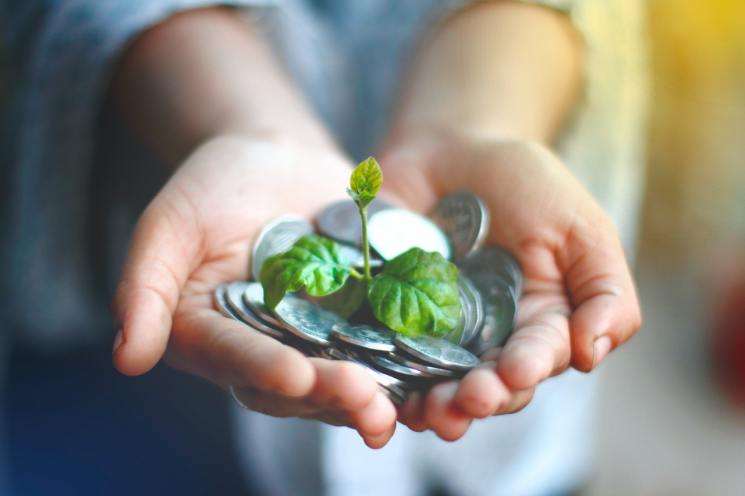Foraging Expeditions: A New Twist on Culinary Tourism
Embark on a journey that tantalizes your taste buds and connects you with nature like never before. Foraging expeditions are revolutionizing culinary tourism, offering travelers a unique blend of outdoor adventure, gastronomic discovery, and cultural immersion. This growing trend taps into our primal instincts and satisfies our modern cravings for authentic, sustainable experiences.

The concept of foraging tourism emerged as a natural extension of this renewed interest. It combines the age-old practice of wild food gathering with modern travel experiences, offering a fresh perspective on local cuisines and ecosystems. This trend has gained traction among environmentally conscious travelers and food enthusiasts alike, seeking more immersive and sustainable ways to explore destinations.
A Feast for the Senses
Foraging expeditions offer a multi-sensory experience that goes beyond traditional culinary tours. Participants engage with their surroundings on a deeper level, using sight, smell, touch, and taste to identify and gather edible plants, mushrooms, and sometimes even small game or seafood.
These adventures can take place in a variety of settings, from lush forests and meadows to rocky coastlines and urban parks. Each environment presents its own unique array of edible treasures, allowing travelers to discover the hidden flavors of a region’s terroir. The excitement of the hunt, coupled with the satisfaction of preparing and enjoying a meal from your findings, creates a memorable and rewarding travel experience.
Educational Value and Skill Building
One of the most significant aspects of foraging tourism is its educational component. Expert guides, often with backgrounds in botany, mycology, or traditional ecological knowledge, lead these expeditions. They not only ensure the safety of participants but also share a wealth of information about local ecosystems, plant identification, sustainable harvesting practices, and traditional uses of wild foods.
Travelers gain valuable skills that they can apply in their own environments, fostering a deeper appreciation for nature and local food systems. This knowledge transfer contributes to the preservation of traditional foraging practices and promotes a more sustainable approach to food consumption.
Cultural Connection Through Wild Foods
Foraging expeditions offer a unique window into local cultures and traditions. Many indigenous communities have maintained strong connections to their local ecosystems through foraging practices passed down through generations. By participating in these activities, travelers can gain insights into traditional ecological knowledge and cultural practices that are often overlooked in conventional tourism.
In some regions, foraging tours are led by indigenous guides, providing an opportunity for cultural exchange and supporting local communities. This aspect of foraging tourism aligns with the growing demand for more authentic and meaningful travel experiences that contribute positively to local economies and cultural preservation.
Challenges and Considerations
While foraging tourism offers numerous benefits, it also comes with challenges that both operators and participants must navigate. The primary concern is sustainability and the potential impact on local ecosystems. Over-harvesting can damage delicate environments and disrupt wildlife habitats. Responsible foraging tours implement strict guidelines to ensure minimal impact, such as limiting group sizes, rotating foraging areas, and educating participants on sustainable practices.
Safety is another crucial consideration. Some wild plants can be toxic if misidentified, and certain environments may pose physical risks. Reputable tour operators prioritize safety through comprehensive guide training, proper equipment, and clear communication of risks to participants.
Essential Tips for Foraging Expeditions
-
Research local regulations and obtain necessary permits before foraging
-
Always go with an experienced guide or expert, especially when starting out
-
Learn to identify poisonous look-alikes for common edible plants and fungi
-
Respect private property and protected areas
-
Harvest sustainably by taking only what you need and leaving enough for wildlife and plant regeneration
-
Bring appropriate gear: sturdy shoes, gloves, baskets or bags, and a reliable field guide
-
Be prepared for changing weather conditions and challenging terrain
-
Clean and process your findings carefully to avoid contamination
Foraging expeditions represent a fascinating evolution in culinary tourism, offering a perfect blend of adventure, education, and gastronomic exploration. As travelers increasingly seek authentic, sustainable, and transformative experiences, this trend is likely to grow and diversify. By connecting people with the land, its flavors, and its cultural significance, foraging tourism has the potential to foster a deeper appreciation for our natural world and the diverse food systems that sustain us.






